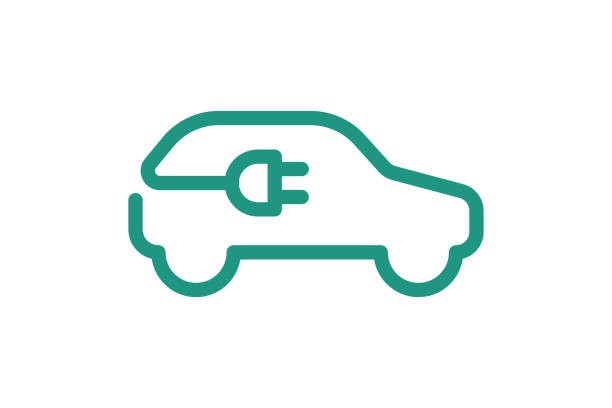As discussed in our previous press release, now that cars are increasingly becoming electric vehicles (EVs), mobility for disabled people should follow. But this is proving to be a difficult transition. Users of vehicle adaptations identified the lack of accessible charging as the most pressing problem. Still, even if this requires a massive European effort, there’s a straightforward solution. Simply put, we need more charging points and they need to be accessible. Unfortunately, the electric transition faces other more complicated issues.
